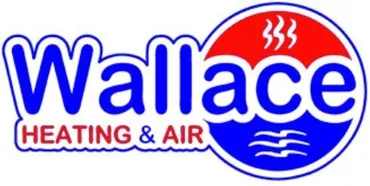FREQUENTLY ASKED QUESTIONS
What is HVAC?
HVAC stands for Heating, Ventilation, and Air Conditioning. It encompasses the systems used for heating and cooling indoor environments, as well as controlling indoor air quality.
How often should I replace my HVAC filter?
It’s recommended to replace your HVAC filter every 1 to 3 months, depending on factors like the type of filter, household pets, and indoor air quality. A clogged filter can reduce system efficiency and indoor air quality.
What temperature should I set my thermostat to for optimal energy efficiency?
Setting your thermostat to 68°F (20°C) in the winter and 78°F (25°C) in the summer is generally considered energy-efficient. However, adjust based on personal comfort and occupancy patterns.
How do I improve indoor air quality?
Regularly changing HVAC filters, proper ventilation, using air purifiers, and maintaining cleanliness can improve indoor air quality. Additionally, consider controlling humidity levels and minimizing sources of indoor pollutants.
Why is my HVAC system making strange noises?
Strange noises such as banging, rattling, or squealing could indicate various issues such as loose components, worn-out parts, or debris in the system. It’s best to have a professional HVAC technician diagnose and repair the problem.
How often should I schedule HVAC maintenance?
It’s recommended to schedule HVAC maintenance at least once a year, ideally before the start of each heating and cooling season. Regular maintenance can improve efficiency, prevent breakdowns, and prolong the lifespan of your system.
What's the difference between a furnace and a boiler?
A furnace heats air and distributes it throughout the home via ductwork, while a boiler heats water and distributes it either through radiators or radiant floor systems. Furnaces are more common in areas with milder winters, while boilers are often used in colder climates.
Should I repair or replace my old HVAC system?
The decision to repair or replace your HVAC system depends on factors such as the age of the system, cost of repairs versus replacement, energy efficiency, and overall performance. A professional HVAC technician can assess your system and provide recommendations.
How can I make my HVAC system more energy-efficient?
Upgrade to a programmable or smart thermostat, seal ductwork, ensure proper insulation, regularly maintain the system, and consider upgrading to energy-efficient equipment such as ENERGY STAR-certified appliances.
What should I do if my HVAC system isn't heating or cooling properly?
Check the thermostat settings, replace the air filter, ensure proper airflow around vents and registers, and check for any visible issues such as leaks or blockages. If problems persist, contact a professional HVAC technician for diagnosis and repair.
